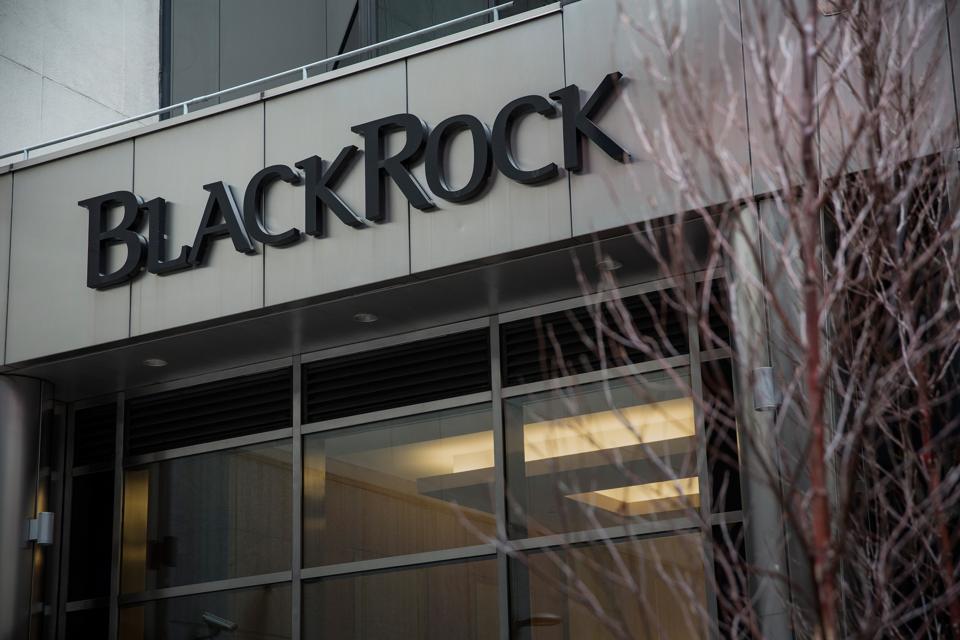Pfizer stock’s struggles continued Wednesday, as shares of the healthcare titan dropped to their lowest level since before the Covid-19 pandemic, the latest dubious milestone for the battered stock that has failed to convert its vaccine boom into long-term sales growth.

Pfizer CEO Dr. Albert Bourla has grappled with a significant decline in sales in his company’s Covid series.
Getty Images
Key Takeaways
- Pfizer said Wednesday it expects 2024 revenue to come in between $58.5 billion and $61.5 billion, representing roughly zero growth from 2023’s forecasts and coming in well below analysts’ average 2024 projected sales of $62.6 billion, according to FactSet.
- Notably, Pfizer said it expects 2024 sales for its Covid products—Paxlovid pills and the Comirnaty vaccine—to be about $8 billion, a nearly 90% drop from the roughly $57 billion of revenue its Covid series brought in last year.
- Shares of Pfizer tanked Wednesday as investors digested the subpar guidance, falling as much as 9% to below $26 in morning trading, hitting their lowest intraday share price since 2013.
- That’s the largest single-day drop for Pfizer since January 2009.
Big Number
-50%. That’s about how much an investment in Pfizer has returned this year, including dividends, by far the weakest of any public American company valued at more than $100 billion. The S&P 500 is up more than 20%.
Key Background
Other publicly traded Covid vaccine makers have struggled mightily over the last two years as demand and government subsidies for the shots dried up. Shares of Moderna are down roughly 85% from their 2021 high and shares of Johnson & Johnson are down about 15% from their 2022 peak. As the pandemic-era stars fade, the stocks of pharmaceutical companies poised to profit off of the weight loss drug craze have soared; Mounjaro maker Eli Lilly and Ozempic maker Novo Nordisk became the two most valuable pharmaceutical companies in the world this year.
Pfizer’s foray into weight loss treatments have yet to impress investors, and its stock dove 5% earlier this month after it revealed discouraging clinical results for its GLP-1 drug. On Tuesday, Pfizer said it expects regulators to approve its $43 billion acquisition of cancer drug maker Seagen, first announced in May. Seagen will account for about 5% of Pfizer’s 2024 sales, according to Wednesday’s guidance.
This article was first published on forbes.com and all figures are in USD.


